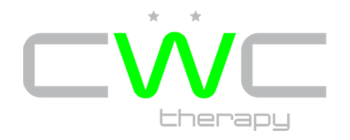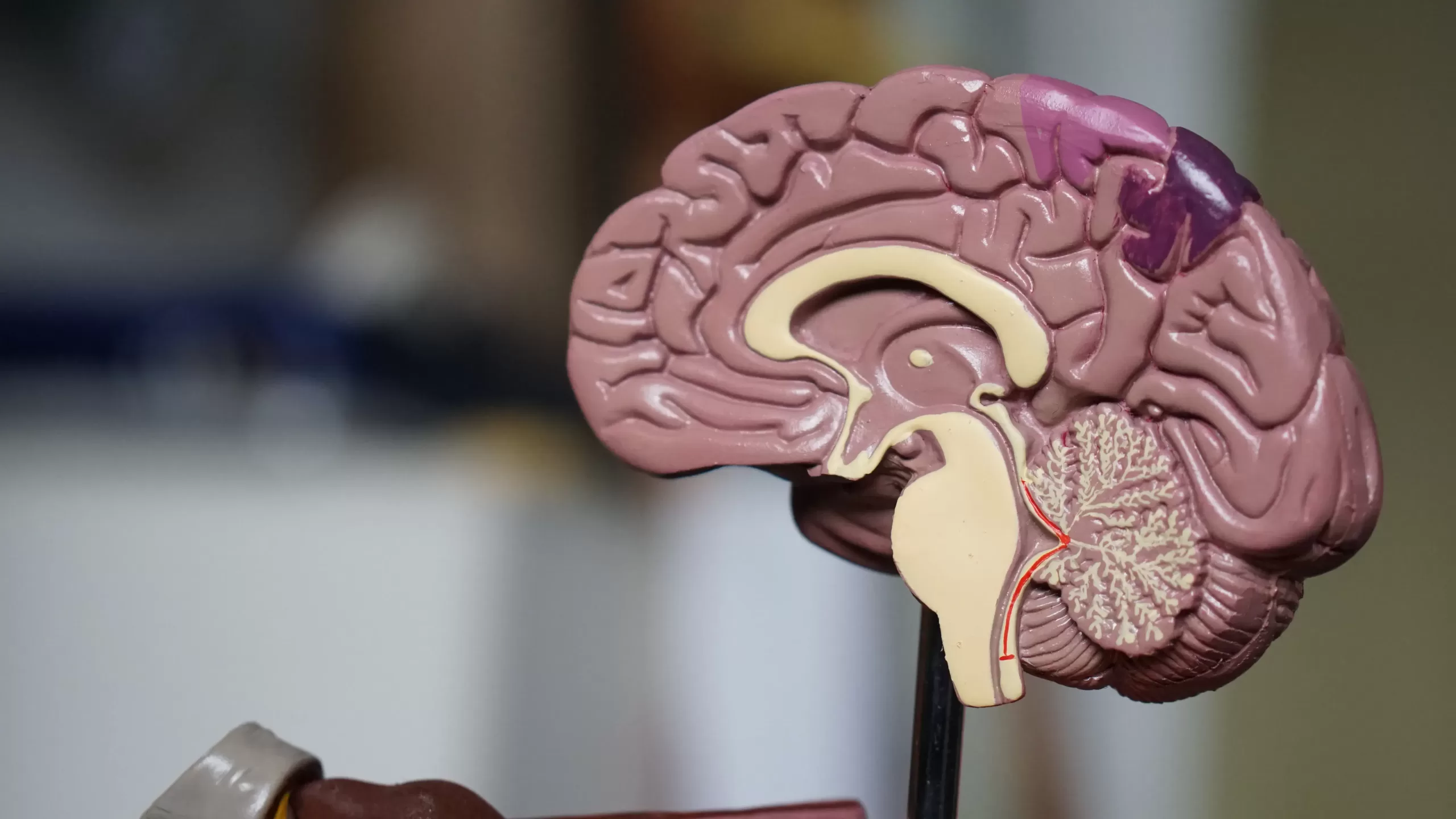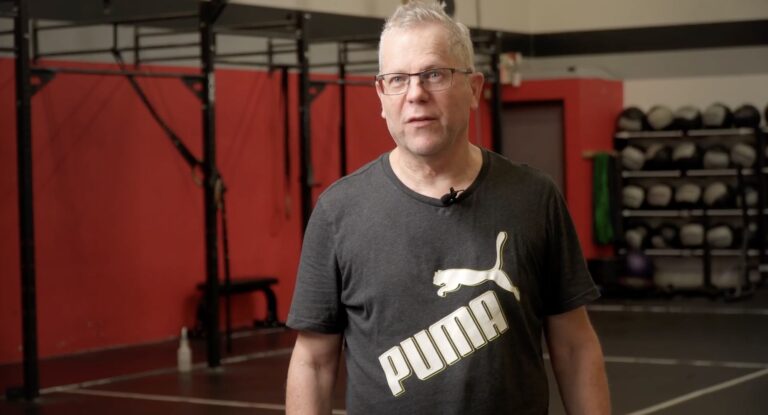How a Physio Can Help With a Concussion
How a Physio Can Help With a Concussion
Concussion, it’s the hot new topic in healthcare. Even mainstream media has gotten on board with it – cue and point the movie “concussion” about chronic traumatic encephalopathy (CTE) with Will Smith. But what actually is a concussion and what happens to your brain?
A concussion is a result of a biomechanical force to the head or neck; followed by a complex pathophysiological process affecting the brain in the absence of gross structural changes to the brain (Mccrory et al, 2017). There are a number of theories surrounding the metabolic dysfunction resulting from a concussion. Initially the metabolic cascade produces a hypermetabolic state in the brain while it attempts to repair itself and restore homeostasis, however, this is followed by a metabolic depression as the brain enters an energy crisis (Leddy, Kozlowski, Fung, Pendergast, & Willer, 2007).This is one possible explanation for worsening symptoms over time and why some patients tend to feel symptomatic during physical and cognitive exertion but not at rest.
Signs and Symptoms of a Concussion:
A lot of people think that you only suffer from a concussion if you’ve lost consciousness. In fact, this is a common misconception only 6-10% of people lose consciousness. So what are the signs and symptoms of a concussion? Every concussion is as unique as the individual, however, there are common signs and symptoms that can happen after a concussion:
- Headaches
- Dizziness
- Nausea and/or Vomiting
- phonosensitivity (noise sensitivity)
- Photosensitivity (light sensitivity)
- Sleep disruption
- Fatigue
- Irritability
- Mental fog
- Memory difficulties
- Blurred vision
- Balance impairment
Most concussions resolve spontaneously within 2 weeks, however, there are a few that continue to suffer from signs and symptoms beyond this period. So how can you return back to your normal self? What are you supposed to do after you suffer a concussion?
#1 Seek the Assistance of a Professional for Optimal Recovery
The old days of hiding in a dark room and waking the person up are long gone. Current guidelines suggest cognitive and physical rest for the first 24-48 hours (McCrory et al., 2017).
But what do you do after? How can you aid your recovery? Seeking the assistance of a physiotherapist with extensive training in concussion management has been shown to improve and shorten recovery after a concussion. Although each concussion is as unique as the individual, there are specific clinical profiles that aid in creating a treatment plan. They can only be identified by a trained professional.
Your best bet for a speedy and optimal recovery is to book an appointment with a trained physiotherapist who can properly assess your concussion with specialized testing and help you return to your normal life.
#2 Have your Clinical Profile Defined
These clinical profiles have specific signs and symptoms that can be identified and classified. These clinical profiles are cervical, vestibular, oculomotor, cognitive, post traumatic migraine, cardiovascular/exertion and, anxiety/mood (Collins & Kontos, 2018). Identifying these profiles assists in creating a treatment plan that’s right for you.
For example, dizziness is one of the most common complaints after a concussion. Yet, dizziness can be attributed to a cervical proprioception disorder, a peripheral vestibular disorder, a oculomotor dysfunction or a central processing problem. In order to find the cause of the dizziness, a physiotherapist trained in concussion management has extensive knowledge and understanding of each of the systems and how they interact.
#3 Execute your tailored treatment plan
What can you expect at a physiotherapy appointment? Concussion is a heterogenous injury with a variety of signs and symptoms. Your physiotherapist will complete a thorough assessment of YOUR symptoms and create a tailored treatment plan. Each person’s management is based on the differential diagnosis process and careful assessment of your history, signs and symptoms. Your treatment plan will not be a cookie cutter plan, it is specific to your life/occupation demands. These demands will be basis of your rehabilitation goals and incorporation of these into YOUR personalized rehabilitation plan.
Sources:
Collins, M. W., & Kontos, A. P. (2018). Concussion: A Clinical Profile Approach to Assessment and Treatment. Washington, DC: American Psychological Association.
Leddy, J. J., Kozlowski, K., Fung, M., Pendergast, D. R., & Willer, B. (2007). Regulatory and autoregulatory physiological dysfunciton as a primary characteristic of post concussion syndrome: Implications for treatment. NeuroRehabilitation, 199-205.
McCrory, P., Meeuwisse, W., Dvorak, J., Aubry, M., Bailes, J., Broglio, S., … & Vos, P. E. (2017). Consensus statement on concussion in sport—the 5th international conference on concussion in sport held in Berlin, October 2016. British journal of sports medicine, 51(11), 838-847.







